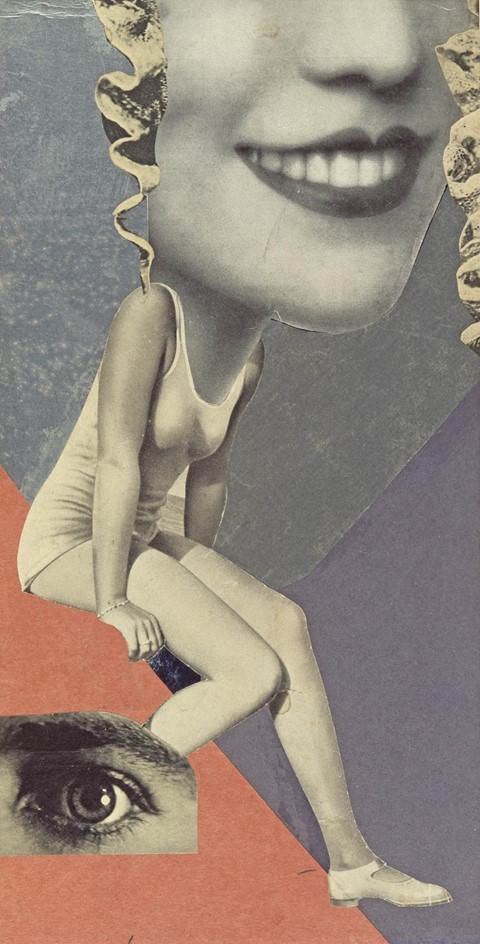As the first retrospective of the work of Hannah Höch opens at the Whitechapel Gallery, AnOther presents a collection of the best collage art
From its roots in European Dadaism in the early years of the twentieth century, shadowing modernism and tracing its way through photography, collage is a medium as diverse as it is politically charged. Emerging as a reaction to the First World War, collage allowed artists to interact with existing materials – anything from newsprint and magazines to maps, tickets and propaganda and photographs – to rip them apart and then reassemble them, creating visually dynamic hybrids.
Coined by Georges Braque and Pablo Picasso, the term ‘collage’ points towards a medium simultaneously serious and tongue-in-cheek; a technique that is deeply referential of the political world in which the works were produced. Via the assemblage of different objects and images, collage interrogates the fundamental concept of what it is to create art, whilst offering a prismatic reflection of the social change and upheaval of the twentieth century. From the originators and pioneers of the form to more contemporary practitioners, AnOther presents its top 10 collage artists.
1. Hannah Höch
Höch’s most famous work, effortlessly titled ‘Cut with the Dada Kitchen Knife through the Last Weimar Beer-Belly Cultural Epoch in Germany’, shows her ideals and techniques in synthesis. A collage of newspaper clippings, the work challenges the racist and sexist codes upholding Weimar Germany. Throughout her career, Höch would challenge the marginalised place of women in twentieth century Germany. She drew together fashion magazines, illustrated journals and photography to pioneer a form bent on demonstrating that art itself could be collected from the everyday clutter of modern life.
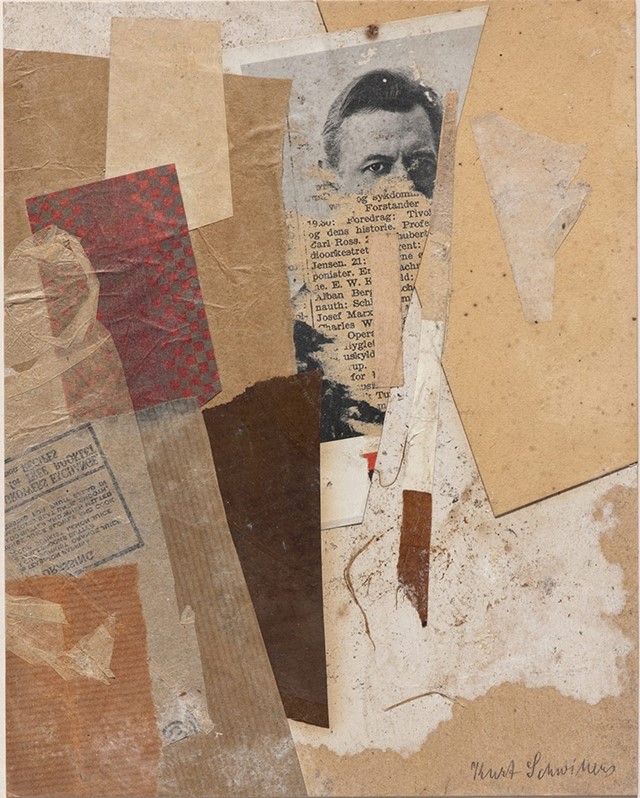
2. Kurt Schwitters
Unlike the other Dada artists, Schwitters was not based in Berlin, but in Hanover, where he worked until the Nazis exiled him from Germany, when he came to live in The Lake District in England. Throughout his montages, collages and assemblages, Schwitters developed the concept of Merz – ‘the combination, for artistic purposes of all conceivable materials’ – in which he argued that everyday found objects including wood, plasterboard, wheels, cotton were equal in expression to paint itself.
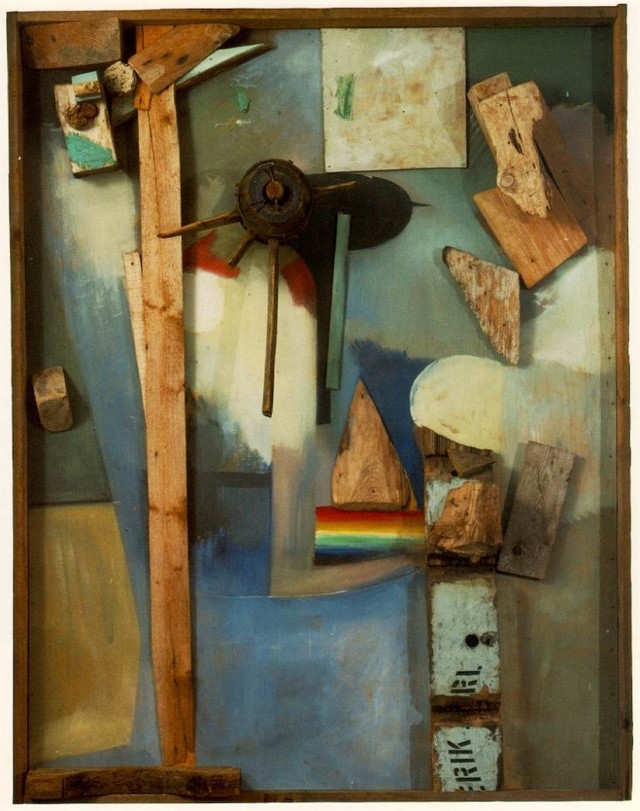
3. Raoul Hausmann
Friends with Schwitters, Hausmann abandoned painting in 1923 and centred his work on photography. He invented an apparatus known as the Optophone, which turned kaleidoscopic forms into music. As well as sound poetry, Hausmann’s oeuvre contains photograms, rayograms and pictograms.
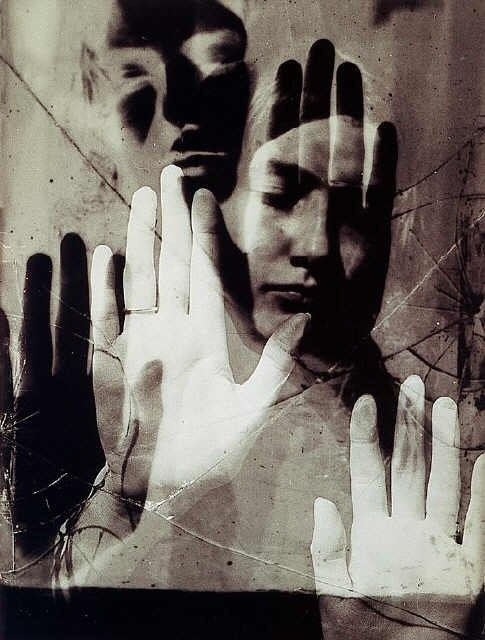
4. Man Ray
Though informally related to the Dada and Surrealist movements, the American artist Man Ray contributed impressively to avant-garde, fashion and portrait photography, in particular with his solarised and isomorphic portraits of Lee Miller. Ray’s photomontages play with femininity and form, as in his multiple exposures of Alice Prin, better known as Kiki de Montparnasse, and Dora Maar.
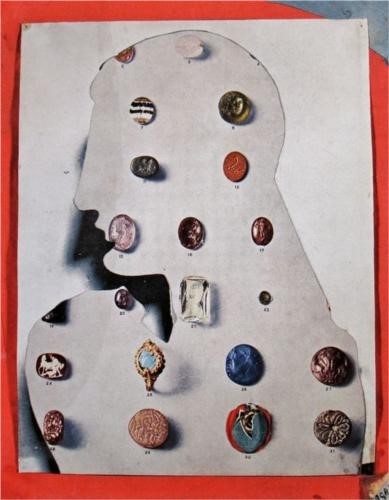
5. Eileen Agar
British artist Eileen Agar was one of the only female members admitted into the Surrealist group on her own artistic terms, and not simply as a model or a muse. Like Höch’s, Agar’s works are social critiques and show humour and irony. In ‘Precious Stones’, she superimposes a classical cut-out profile over a catalogue page showing antique jewellery.
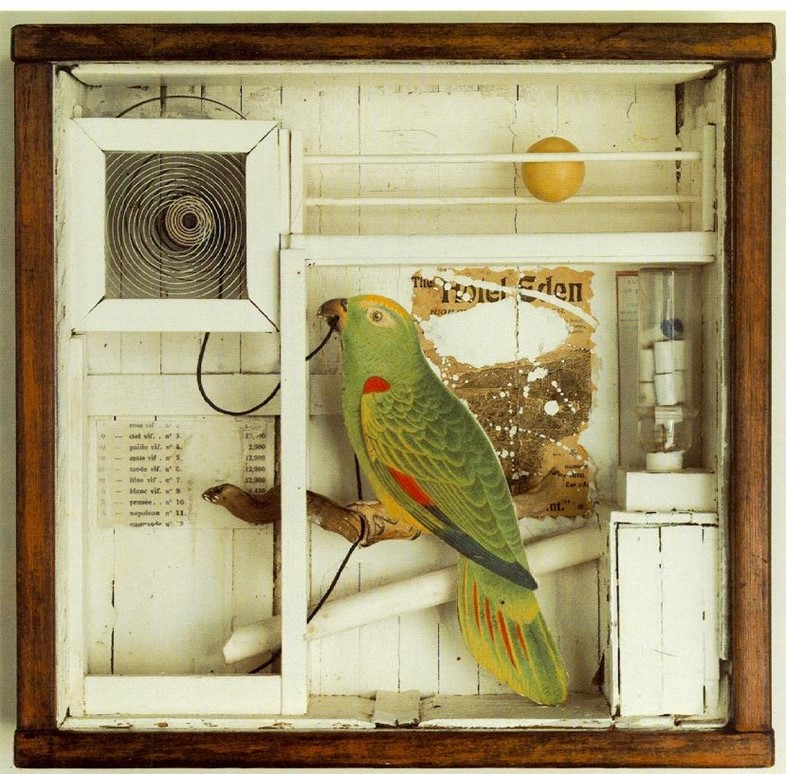
6. Joseph Cornell
Influenced by the Surrealists, Cornell took collage into new directions with his pioneering work in assemblage. Cornell lived in New York, daily collecting the materials for his art from the bookshops and antique shops of Manhattan. He is most famous for his intricate wooden boxes, filled with lithographs, colourful birds and other trivia.
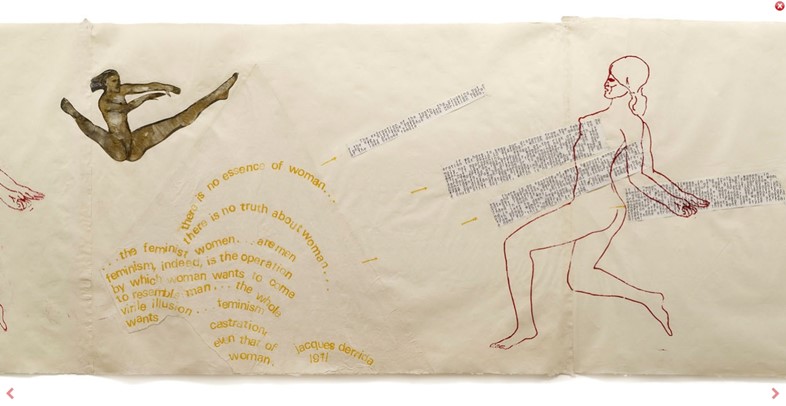
7. Nancy Spero
Nancy Spero’s engagement with political, social and cultural concerns throughout her career as an artist in New York is best illustrated in her collage on paper ‘Notes in Time’. Inspired by Grecian scrolls and the story of Troy, the frieze-like collage is comprised of twenty-four panels, each nine-feet long, punctuated by 96 quotations, including poetry by H.D., and multiple female figures. It is a grand non-narrative celebration of the female form, but also documents a female struggle against political stereotype.
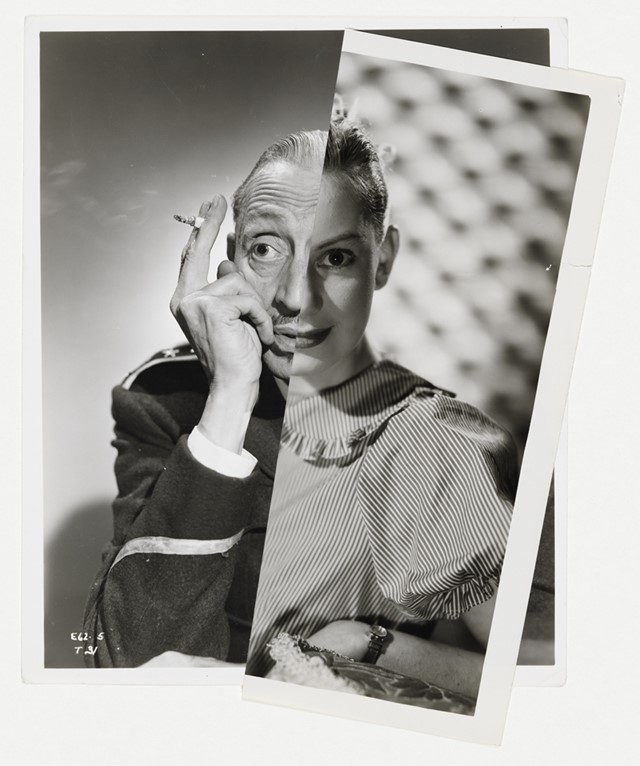
8. John Stezaker
British artist John Stezaker studied at the Slade School of Art in 1973, and went on to produce work which challenged the predominance of Pop art. Stezaker’s collages are irreverent; his use of glamourous 1950s portraits, of dapper suited men and Hollywood stars, mashed together with postcards of landscapes and with other faces, has the effect of the uncanny. In 2012, Stezaker won the Deutsche Börse photography prize to a mixed reception, as a few critics questioned whether a conceptual artist – who deals with the destruction of photographs – could win a prestigious photography award, proving that collage as an art form continues to be nothing if not controversial.
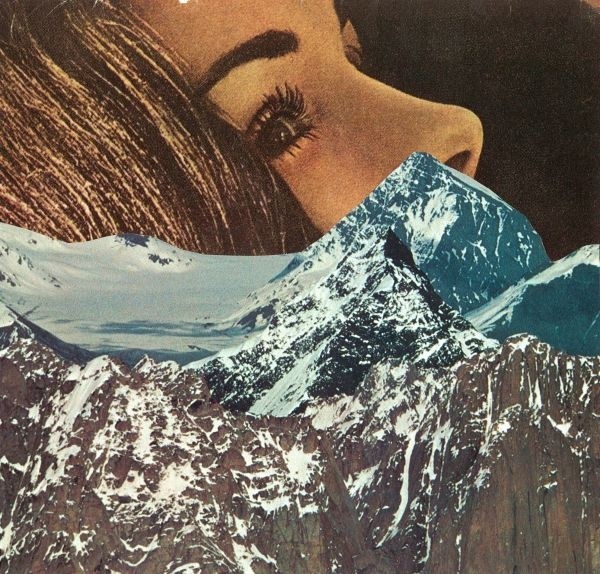
9. Jesse Treece
Using vintage magazines and books, Jesse Treece creates surreal and simple works, often using images of space and children to create an inimitable perspective on everyday life.
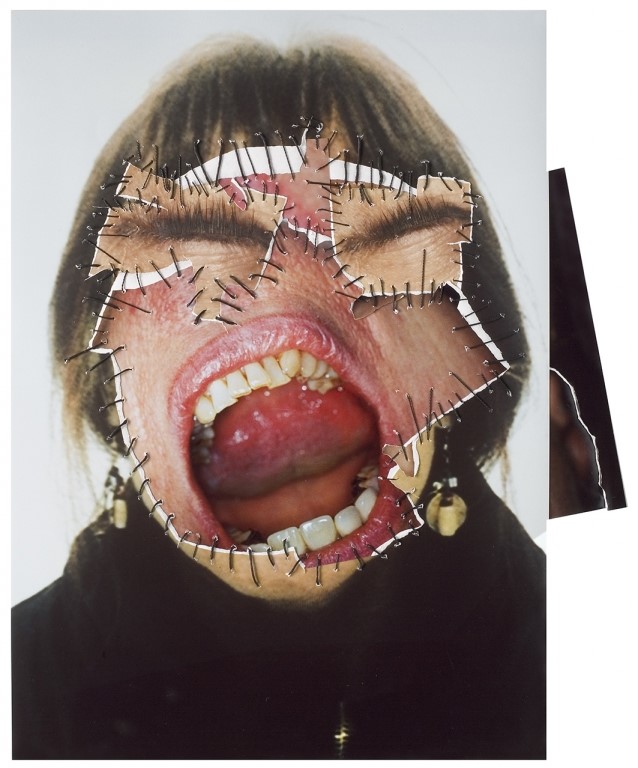
10. Annegret Soltau
German artist Annegret Soltau constructs collage using photographs of her own face and body, stitched with black thread, confronting explicit issues in an imaginative manner.
Hannah Höch runs at the Whitechapel Gallery from January 15 to March 23, 2014.
